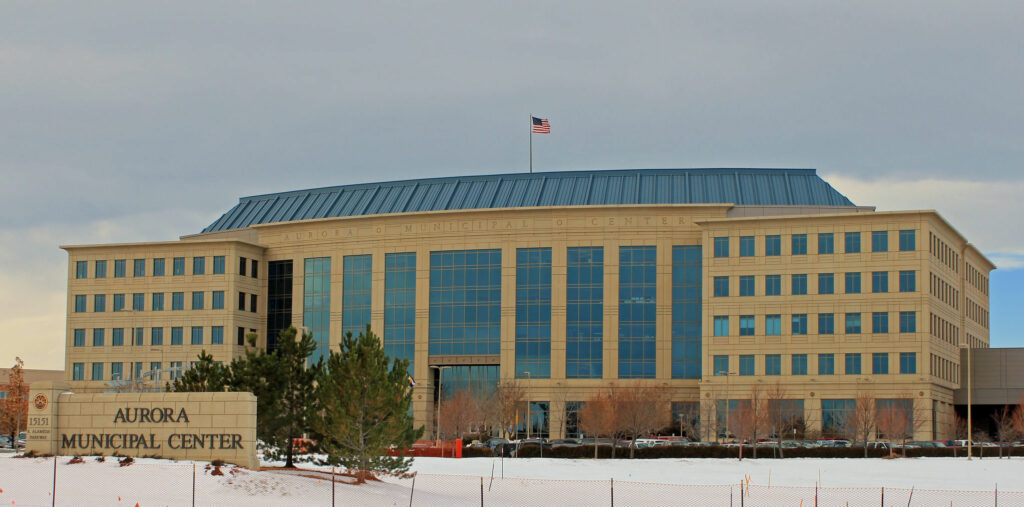Sessions’s prison order doesn’t mean a boom for Fremont County
Will there be more inmates headed for the state’s prison capital? Since May, people have been saying it’s possible under a Trump administration that’s vowing to get tougher on crime.
This week in the print edition of the Economist, Cañon City councilman Frank Jaquez said area prisons, a mix of federal and state, aren’t filled to the brim and he’s glad it’s that way.
As pointed out in the article, the number of people in Fremont County’s prisons has been on the decline:
The state-prison population in Colorado declined by 7.2% between 2010 and 2015. In 2012, the state closed a prison it had opened in Cañon City only two years before, due to a dearth of inmates. Since its peak in 2013, the federal-prison population has also fallen.
There are 13 prisons in Fremont County. They range from housing the worst of the worst at ADX, where some are in lockdown 23 hours per day, to low-security prisons that feature a plethora of work programs.
Attorney General Jeff Sessions earlier this year ordered federal prosecutors to seek stricter punishment for drug offenses. It’s a reversal from the Obama administration, which sought to reduce the number of people serving long prison sentences for low-level drug crimes.
With more low-level drug offenses landing people in prison, there may be a spike in the prison population in Fremont County.
The Economist asked local lawmakers if the recent orders would be good for business. But none of the city council members in Cañon City or the commissioners in Fremont County would admit the policy would make a fiscal difference, the article said.
“…local officials doubt it will have too big an impact on the area, mainly because state prisons are a more important source of employment-and, even then, the jobs are not directly tied to prisoner numbers. Cañon City also shows how even if federal policies on crime are going backwards, the politics has not necessarily followed.”











